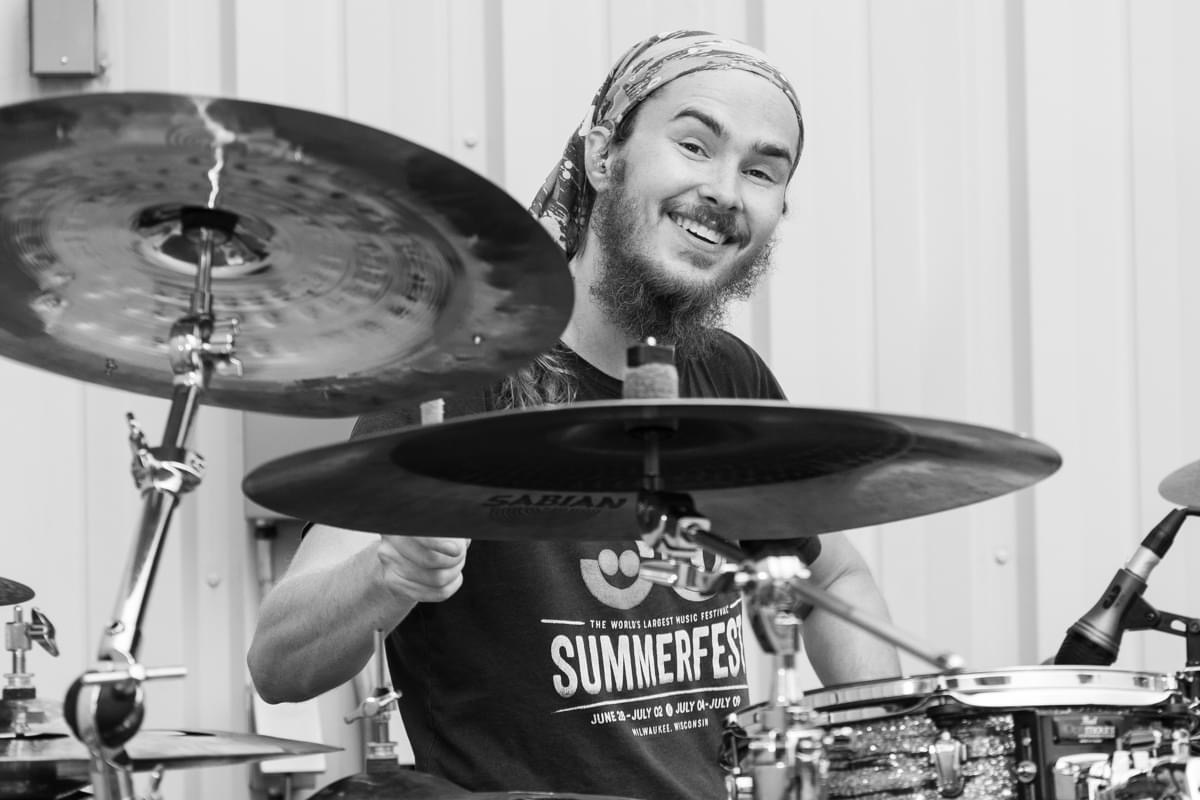We caught up with the brilliant and insightful Ben Lokuta a few weeks ago and have shared our conversation below.
Ben, so great to have you on the platform and excited to have you share your wisdom with our community today. Communication skills often play a powerful role in our ability to be effective and so we’d love to hear about how you developed your communication skills.
I developed my ability to communicate mainly through teaching. I have been teaching since I was in high school, at first just teaching drums to fellow students. I continued teaching drums to fellow students when I was in college, and then started to take on private students ranging in age from 8 to in their 40s which requires a breadth of approaches to the same content. Also, while I was a student at Berklee College of Music I was a core music tutor, helping fellow students with subjects like harmony, ear training, theory, voice leading of chords, and so on.
The main thing I figured out about communicating is that when people ask you a question, it’s important to actually answer the question they asked. It’s one thing to have information at your disposal, and it’s another thing to explain your information to someone else. If they can’t implement a process to solve the problem for themselves without your help, then you haven’t actually effectively communicated anything to them.
This means that you have to understand not only the information you are trying to explain, but also you have to assess the understanding that the other person has so you can meet them at their level. Otherwise you will simply be trying to explain a brand new, very mysterious concept to someone who doesn’t have the foundational knowledge to meet you at your starting point, and that can be extremely overwhelming and confusing for most people. I have found that, if you can ask them questions that help you understand what information they do have, you can figure out how to adapt your delivery of information to simply be an extension of what they already know. This can help them get faster, easier, deeper, and more durable access to the new concept.
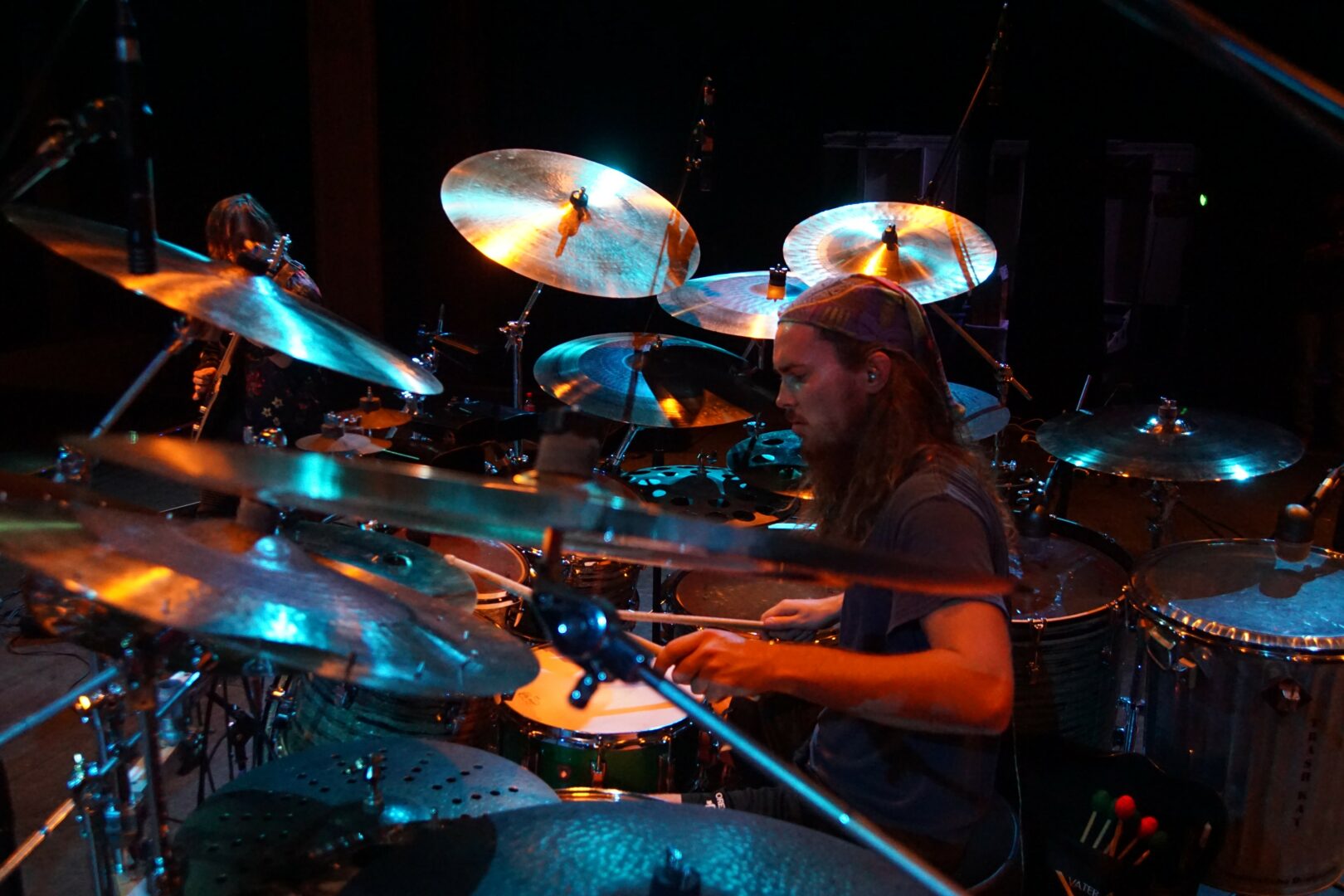
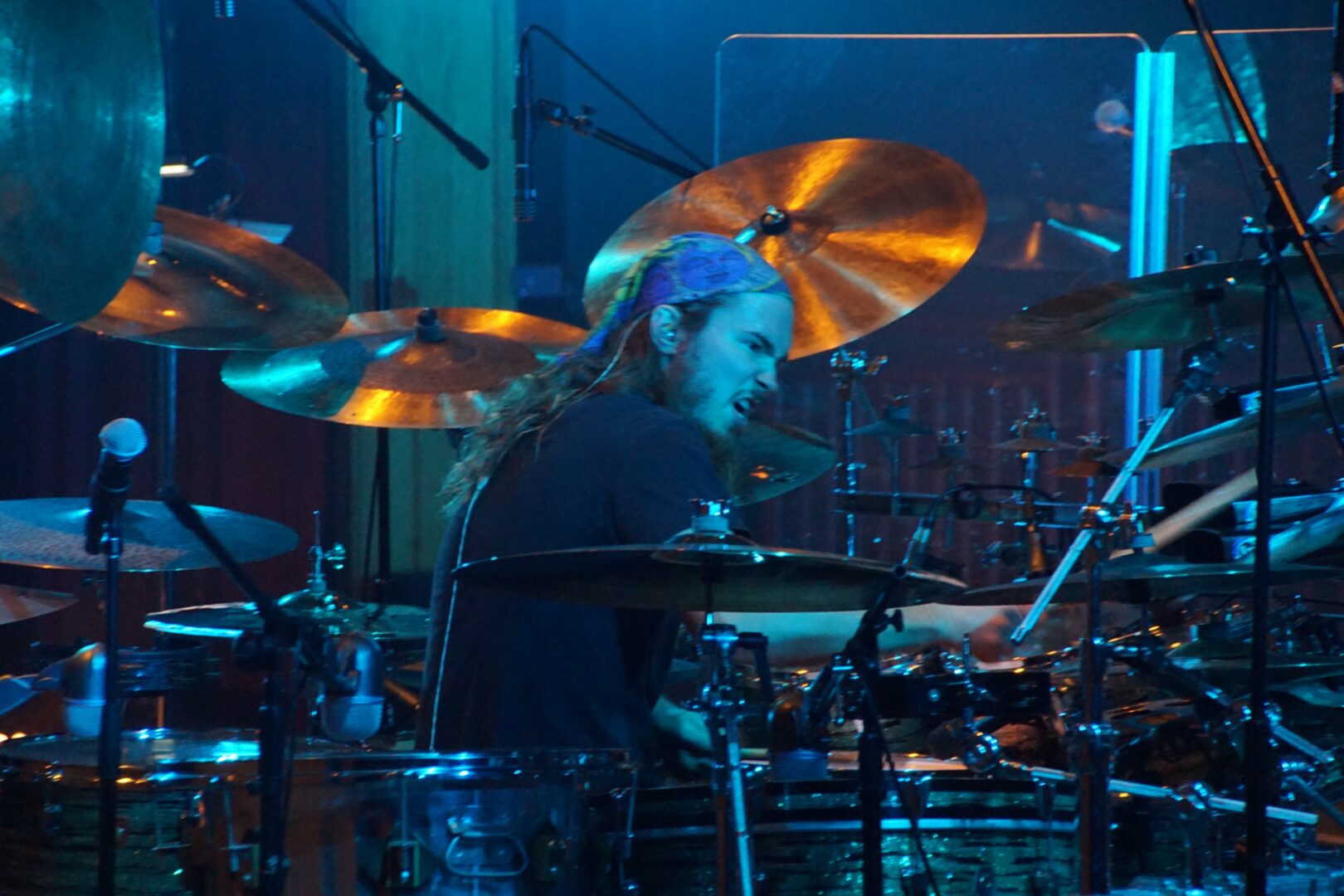
Thanks for sharing that. So, before we get any further into our conversation, can you tell our readers a bit about yourself and what you’re working on?
I have always loved the depth of communication that music allows for. It is often said that music is the universal language, and that means it is also the universal method of storytelling. Whether I am working on new music with a band, learning music for either cover videos or session work, in a classroom environment teaching, or frenetically bashing away on a drum kit, I find complete solace and comfort in the freedom of expression in the music that I make. As such, everything that I choose to work on is an extension of something that I feel helps me tell a story I find compelling and worthy of sharing with others.
My focus since the age of 5 has been to be a full time musician. When I was first starting out I thought that meant simply starting my own band, getting famous writing our own music, and then spending the rest of our lives touring the world. Over time though, I’ve realized that professional musicians do much more than that, and so I have worked to expand my skill set. These days I am an active member of 5 different bands across a variety of musical aesthetics – Herd of Bison, Walk Me Home, The Ugly Cowboys, The Cuz, and Enfierce. I am actively involved in writing music for all of those bands, producing most of those bands, and when I don’t have anything going on for those groups I am working either as a teacher or as a content creator building my own brand.
Recently, I have been focusing on building my personal brand through my youtube channel. It all started with an idea to promote the new music of Herd of Bison and Enfierce with a series of videos showing off the drum parts for the music. Once I realized that people were enjoying the content, I set about making more, attempting to balance between things that show off my musical storytelling but also showing off the depth of engineering that I have put into the instruments in my collection. A big part of storytelling is expanding the palette of the medium you choose, and so choosing my instruments carefully such that I can lower the threshold of entry for me to convey the emotions that I want others to feel in my music has always been paramount to me. I have been very grateful that people seem to be enjoying both types of content I have been putting out, both the playing music content and the gear content.
If you would like to continue following my musical process, here are some links to get started with:
My youtube channel – https://www.youtube.com/@benlokutasmusicchannel5616/videos
Herd of Bison – https://herdofbison.com/
Walk Me Home – https://walkmehome.band/
The Ugly Cowboys – https://theuglycowboys.com/
Find all of these bands on Spotify, Apple Music, Amazon Music, etc, not to mention on Instagram, Facebook, Youtube, and so on.
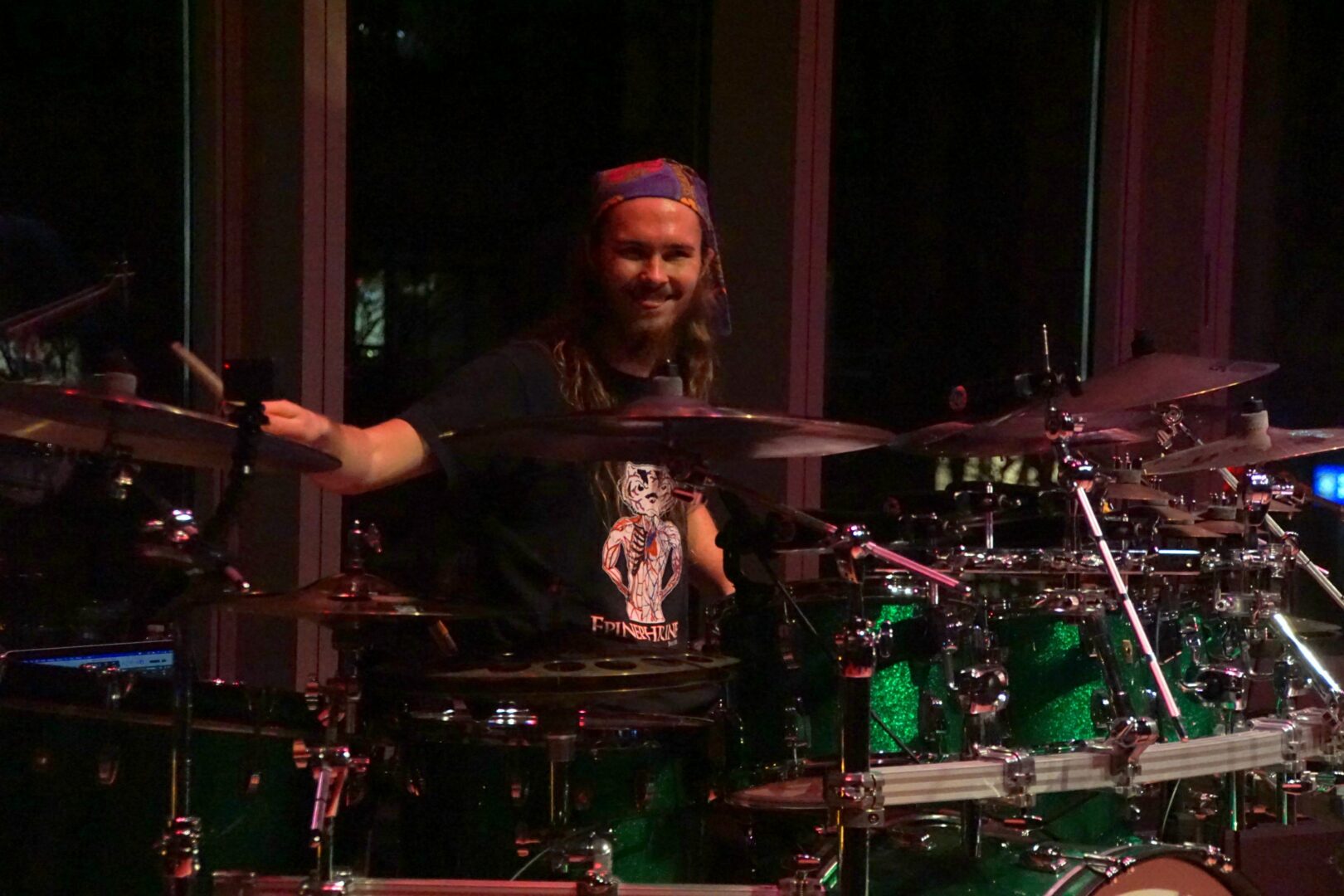
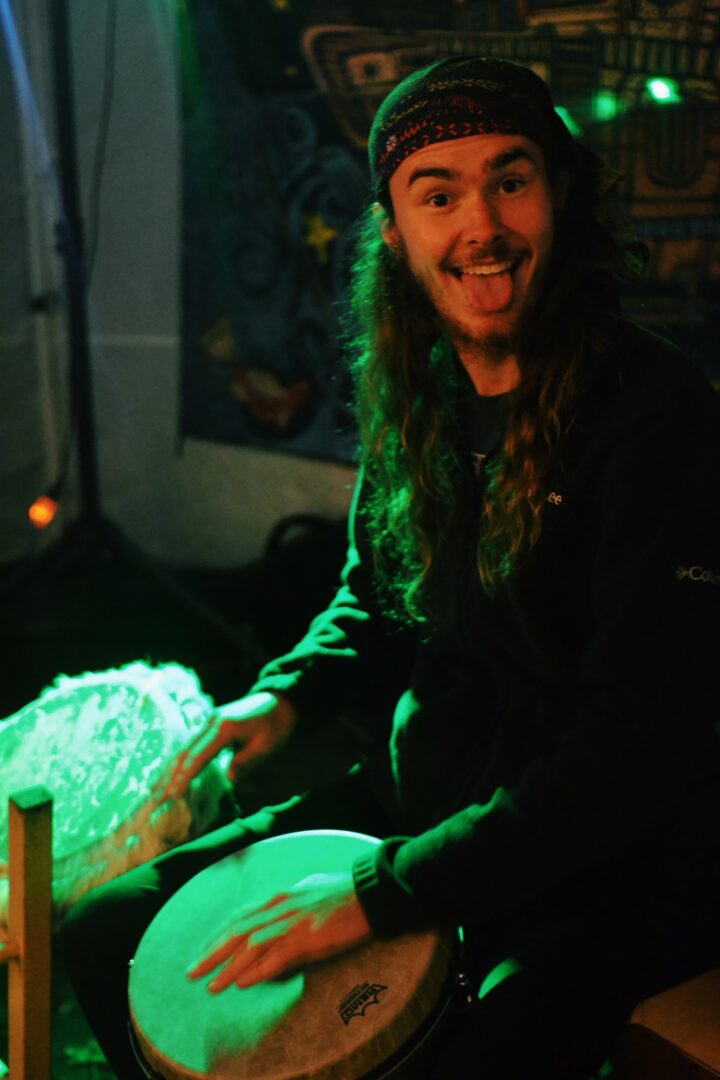
There is so much advice out there about all the different skills and qualities folks need to develop in order to succeed in today’s highly competitive environment and often it can feel overwhelming. So, if we had to break it down to just the three that matter most, which three skills or qualities would you focus on?
The main thing that has kept me moving forward on my journey has been my organizational skills. For me, I start by daydreaming with a purpose about what I would like to share with people, whether it be a video, an album, or a concept. Once I figure out what I want the end product to be, I then figure out how much of the product I already have, if any. Next, and most importantly, I set a date that I want to have the end product in hand. This then gives me the ability to reverse engineer the process I plan to take from where I am currently with the product to where I want to be with the product, and also allows me to begin to figure out a timeline for when each of the components should be finished. As I am working through all of this planning, I constantly write things down on whiteboards, post-its, notebooks, emails, and so on, and once I feel confident that I have thought about and laid out all of the steps and plans to get from idea to finished product, I begin working. Doing all of this planning helps me not just to stay focused, but also to work more freely, since I’ve already answered a lot of the “what if” type questions that can slow down work flow when paths are incompletely thought out. This preparation and forethought helps to make sure that I finish the projects I start, and don’t wind up simply stagnating because I hit a hurdle that I haven’t already thought through.
The best advice I can give to someone who is trying to develop that skill is to take the deadline seriously. Without a rigid end of the project goal, there can be no check up into how well the project is going. I have found that a lot of musicians and artists suffer from this. They will continually remake and remake and remake something, each time trying to get it “a little more perfect”, when in fact it is never more perfect, it is simply a different, equally good version. I also remember a phrase I read that said “often times our first instinct is actually the correct one, we just get too good at talking ourselves out of it.”
The second thing I feel I have had on my side thus far is a relentless pursuit of perfection through a strong belief in myself and my goals. I love the Vince Lombardi quote “We will relentlessly pursue perfection, knowing full well we will never get there, but in the process we will catch excellence”. Both of my parents were the first people in their families to get college degrees, and so in order to convince them that music was a good career path for me to take I had to make sure I worked hard, continuously set goals, and constantly found ways to improve my chances of becoming a professional musician. It all started as a simple goal to be a competent professional drummer, which I worked towards for many years, until I realized that just being a competent drummer wasn’t necessarily the same thing as being a competent professional musician. So then I started working on the two things in parallel, but always setting new goals, always reaching beyond what I could do to find things I couldn’t do, and then figure out how to start pulling those new things off. Eventually I learned that if I could do something once, then I could learn how to make it comfortable every time, so I could incorporate it into my storytelling whenever I need to.
For people who are just starting, it’s going to feel difficult. Showing something you are passionate about is always a vulnerable state to be in, and thus it is important to start recognizing what kind of feedback is helpful to you and what type of feedback isn’t. I am very lucky that my family and friends have always supported what I do, and so I have always felt safe sharing the things that I do with them knowing that if they give me criticism, it will help the end product get stronger while still remaining true to the vision I want it to adhere to. Find people in your life that you feel safe with their feedback. Sharing your passion and being vulnerable is always easier when you have someone to back you up.
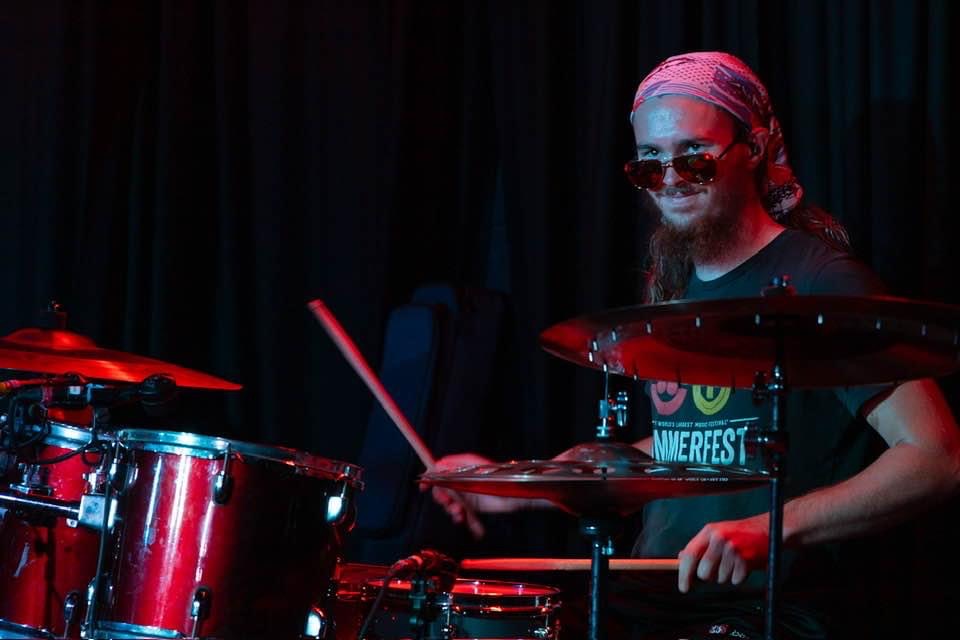
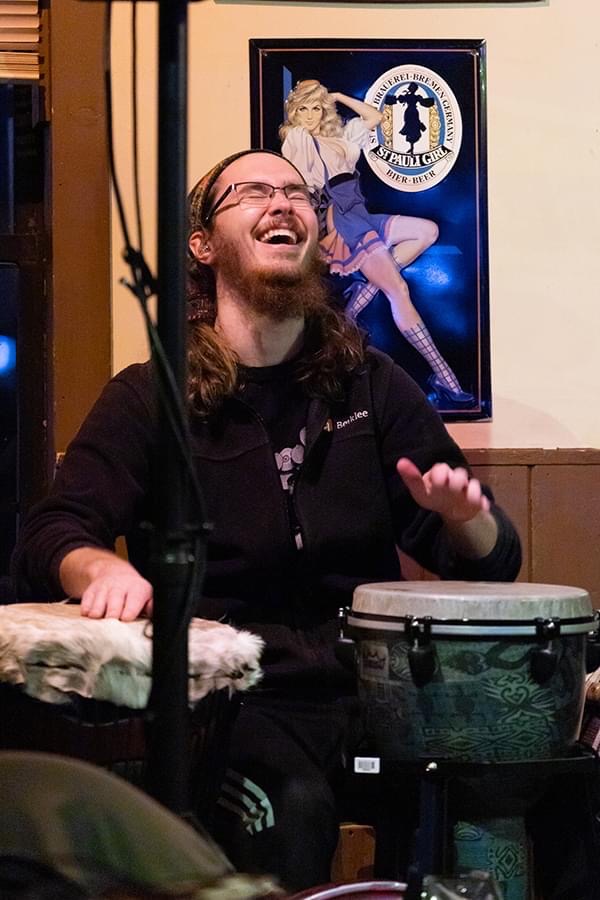
What would you advise – going all in on your strengths or investing on areas where you aren’t as strong to be more well-rounded?
Whenever I take stock of where I am and where I might like to go next, I always start by identifying things that I can’t currently do that I would like to be able to. As I said before, I started out simply wanting to be a competent professional musician, always ready to create something from nothing with as few barriers to entry as possible. I have always wanted to be as flexible as I can be, not requiring myself to be in a particular head space, or even physical space, to be able to create with minimal threshold to entry. To this end I have spent a lot of my time and energy not simply trying to learn new skills, but to dissect them so I truly understand them from as many different perspectives as I can such that I can execute them at the drop of a hat.
But in order to be able to do that, it does mean that I feel compelled to continually find new things to learn, new approaches to take, new problems to solve. This way I can be familiar with a greater variety of situations that have happened before so I can have access to as much information as I possibly can. To me, learning a musical style is more than just learning the notes written on a piece of paper, or types of syncopation, or certain chordal and melodic gestures. If I can understand the society the music came from, how that society evolved, how the people felt when they were creating the music, and why they decided to use the particular rhythms, melodies, chords, etc that they did, I can gain a depth of knowledge around the cultures and traditions underlying the music to make me better able to evoke the specific feelings I am wanting to convey in my music. This can take the performance from something that people will notice to something they can’t take their eyes off of.
For me, the main opportunity to study these cultures and traditions came while I was a student at Berklee College of Music in Boston, Massachusetts. It is one of the most prestigious music schools in the world, and they have an incredibly diverse student body from all sorts of countries, not to mention their faculty, who are also world class musicians from all parts of the globe. So I knew that if I was going to really get something out of my education, I needed to dive in at the deep end and study as many different cultures and musical styles as I could. So I took a wide assortment of classes, some focused on drumset playing, some focused on hand drumming, some purely focused on the history of certain areas. Over time, I started to recognize similarities in the way different cultures told musical stories. This allowed me to better grasp the specific techniques and methods other people use to create their art, which has given me a much, much deeper grasp of music as a whole, and I feel I can diagnose a musical problem much faster, and thus come up with a solution much more quickly.
I like to think about it kind of like a thesaurus. The more words you can fluently use in the course of your speech, the better you can describe the nuances of emotion you want to convey. Given that my goal has always been to tell stories through music, I want to have the largest possible vocabulary, so that I can more accurately convey the emotion I want the audience to feel. Understanding a greater variety of cultures, music, syncopation, phrasing, texture, timbre, and the historical contexts that lead to those features in those styles of music have helped me expand my musical vocabulary to be able to give me a greater access to different types of emotions.
Contact Info:
- Instagram: https://www.instagram.com/benlokutadrums/
- Youtube: https://www.youtube.com/@benlokutasmusicchannel5616/videos
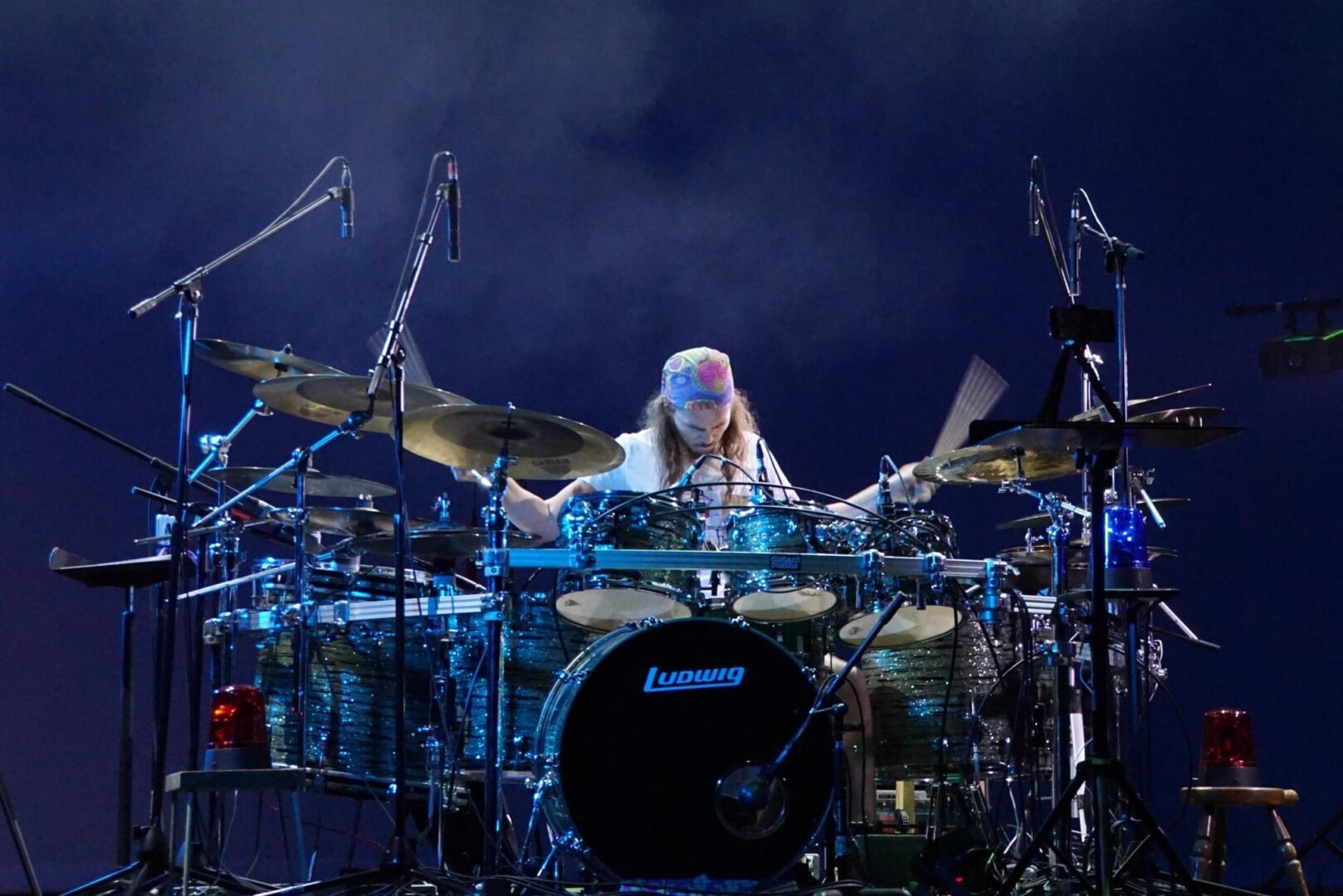
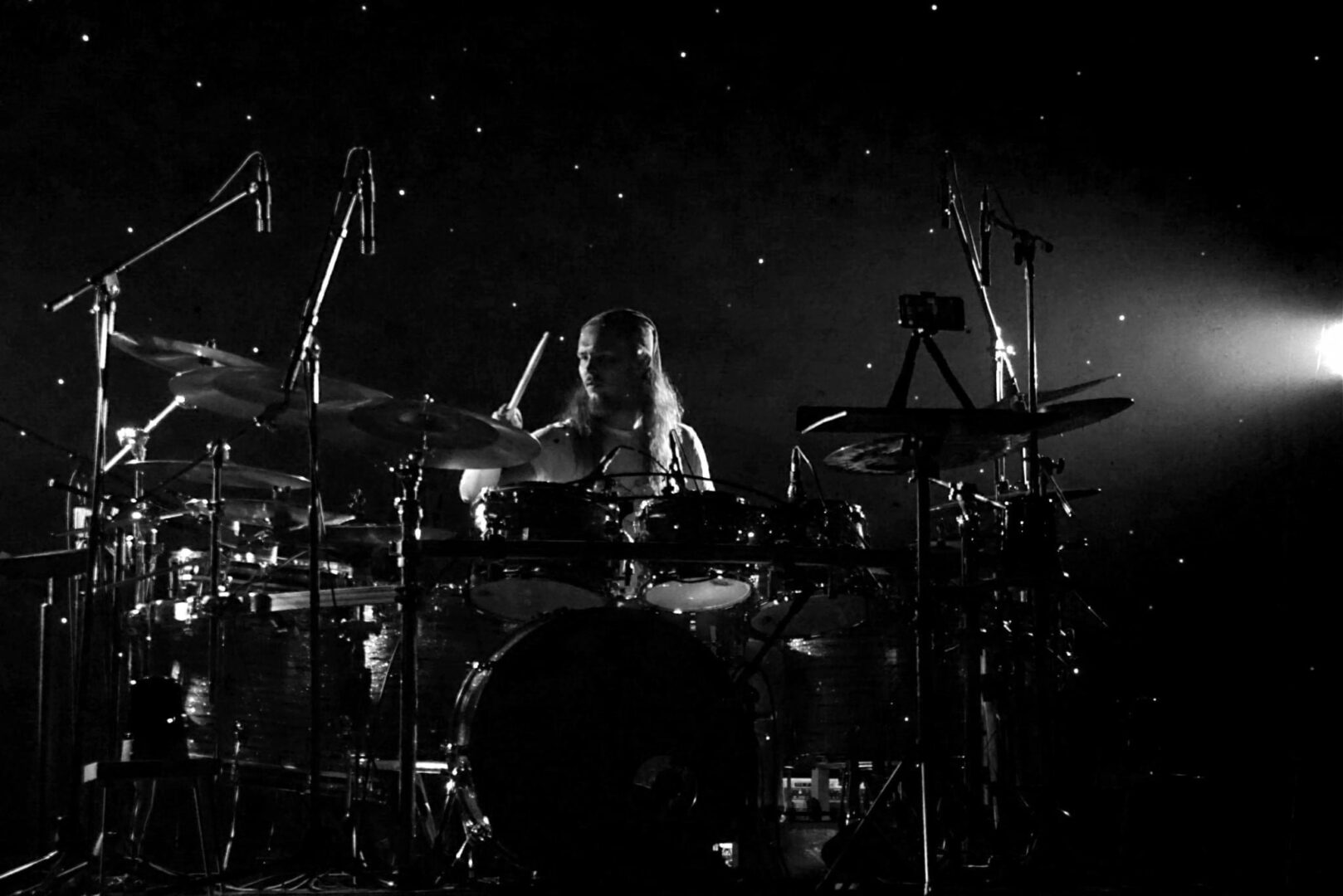
Image Credits
Mary Lokuta, Dave Miess
so if you or someone you know deserves recognition please let us know here.

